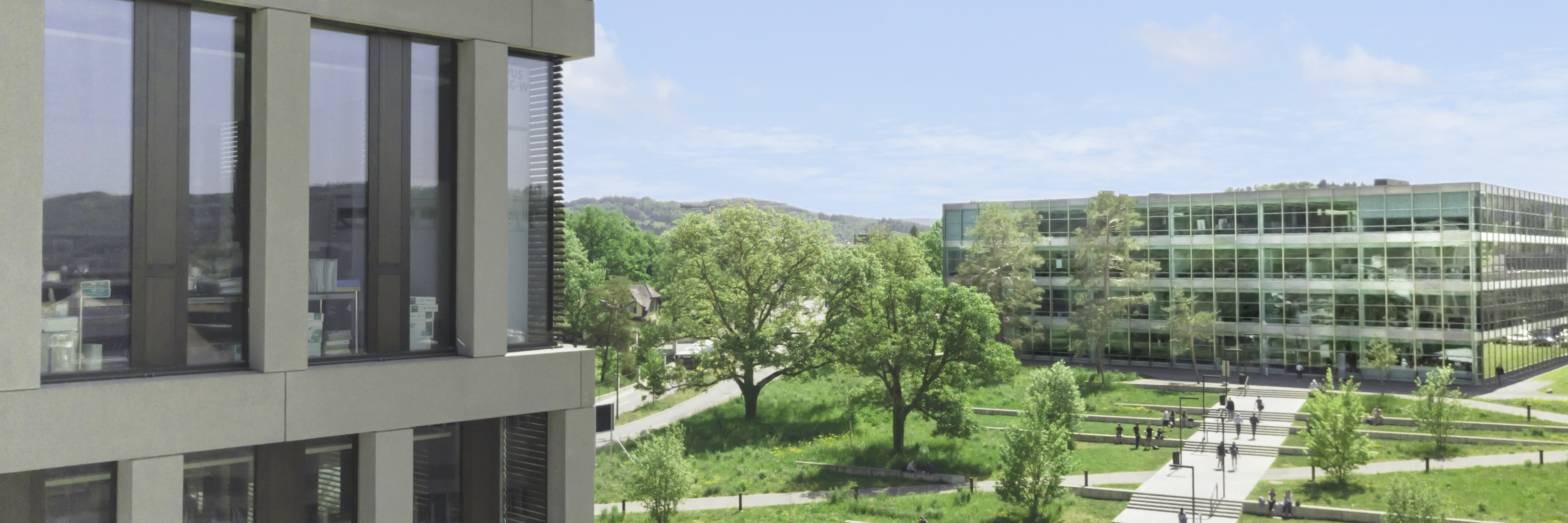Reusability of blister packaging from the medical technology industry
To save raw materials and protect our environment, it is necessary to return plastic waste to the economic cycle by recycling.
- Medical technology
- Recycling
- PET
- Packaging
- Circular economy
Straumann Holding AG, based in Basel, Switzerland, is an internationally active company providing solutions for implantology and restorative and regenerative dentistry. Straumann researches and develops implants, instruments and tissue regeneration products for tooth replacement solutions and tooth loss prevention with clinics, research institutions and universities.
In the production facilities, various medical products are manufactured, then packed in blister packs and shipped to customers (dental clinics, dental practices, dental laboratories). After the blister sheets are sealed, they are cut into individual blisters, generating around 30 tons of waste per year from the cutting process in production. The Blister Sheets are a 3-layer multilayer film (PET-GAG) made of polyethylene terephthalate (PET) as the core layer and a glycol-modified PET as the top and counter layer. As there are other materials (e.g. HDPE sealing sheets) and adhesives in the blister sheets apart from PET, the blister waste cannot be sent directly for PET recycling. The blister waste generated during production and by customers is currently thermally recycled.
As part of the student project, an investigation was carried out on the blister waste produced by Straumann AG.
The suitability of recycling the blister waste was investigated, and various processing procedures and analyses were carried out to determine the characteristic values.
The influence of the processing of the blister sheets without the addition of additives was investigated. Various manufacturing processes were tested to obtain information on the processability of the PET-GAG and the properties obtained. The evaluation of the characteristic values was carried out with the aid of thermal, mechanical and rheological analyses.
A data sheet was compiled from the various processing methods and analyses in order to find suitable applications for the recycled PET-GAG material.
The investigation of blister packaging from the medical technology sector has shown that the rPET-GAG material can be reused with various processing methods. The suitability of the material regarding processing was investigated in detail. The rPET-GAG can be reused to produce consumer goods and packaging material by injection molding or film extrusion with subsequent thermoforming process. This blister waste is a high quality and low contaminated material that should be recycled in the future.
Client | |
Execution | Institute of Polymer Engineering FHNW, within the framework of project 5 and bachelor thesis work |
Duration | 12 months |
Project team | Straumann Holding AG: Marcel KunzInstitute for Polymer Technology: Prof. Dr. Christian Rytka, Prof. Dr. Jürg De Pietro, Stephanie Wegmann, Alex Massenbauer, Thierry Thommen |

